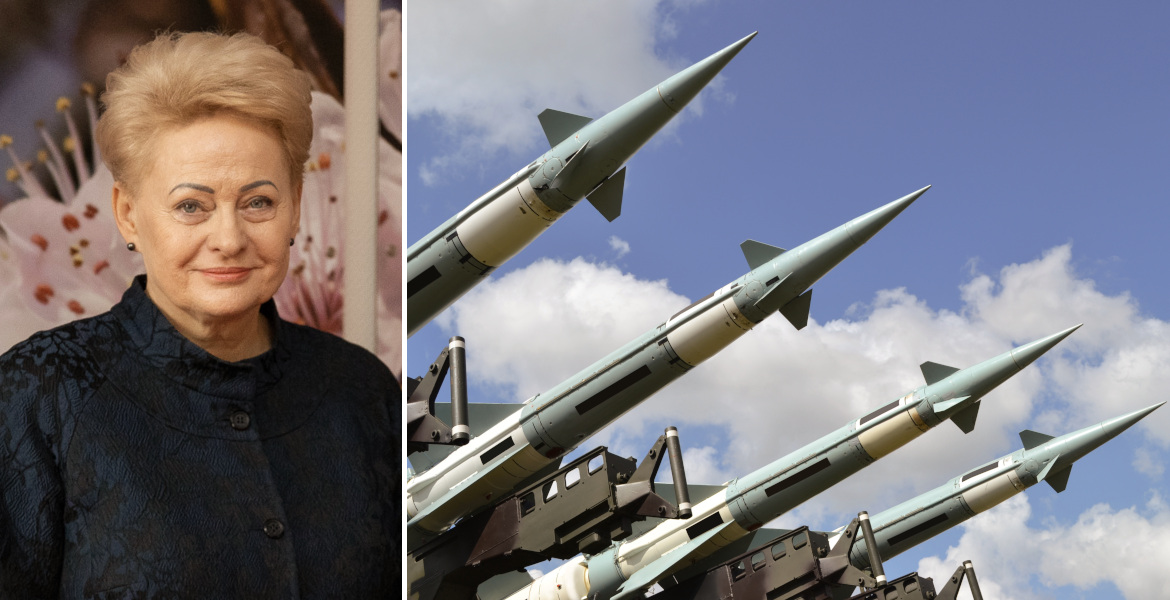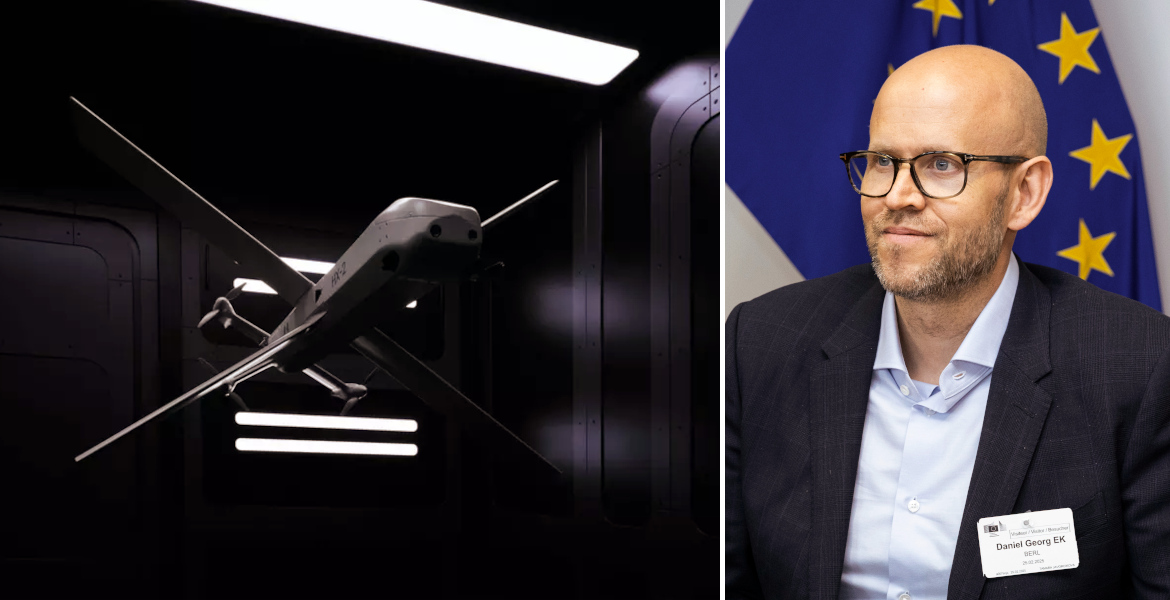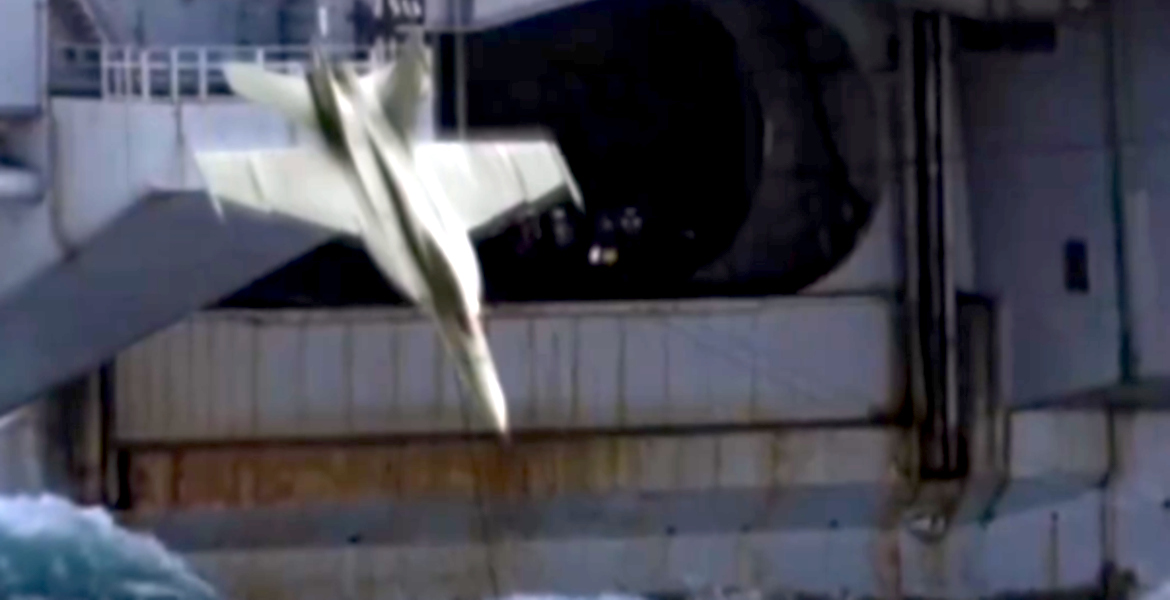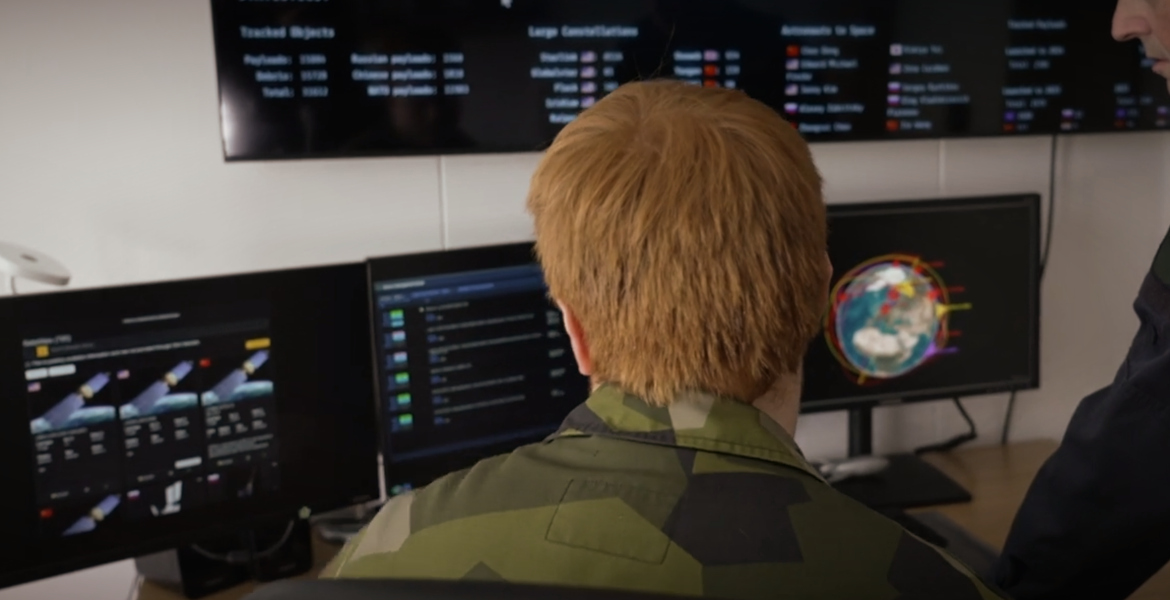Lithuania's former president Dalia Grybauskaité rejects Vladimir Putin's proposal for peace talks with Ukraine as disingenuous, claiming that it is merely a tactical maneuver aimed at buying time.
Despite widespread concerns that the war will escalate into a large-scale European nuclear conflict, Grybauskaité argues that the threat of weapons of mass destruction is greatly exaggerated and asserts that "there is no reason to fear nuclear weapons".
– I believe these are games for the time being, an attempt to stall for time, an attempt to shift the blame to the Ukrainian side, but in fact they are stalling for time and are unwilling to end the war now, at least in the near future as they want to occupy as much of Ukraine as possible, the former president said in a press statement on Monday.
Her statement came after four European leaders visited Kiev over the weekend and appealed for a temporary ceasefire as a basis for peace talks. Putin responded with a counterproposal for direct negotiations in Istanbul – an initiative that Ukrainian President Volodymyr Zelensky has shown some openness to, but only after a ceasefire is in place.
Most notable, however, was how Grybauskaité downplayed the risk of nuclear weapons being used in the conflict – describing Russian nuclear deterrence as "an obsolete doctrine" and claiming that weapons of mass destruction should no longer be considered a relevant threat in modern warfare.
– Nuclear deterrence was effective after World War Two, during the Cold War, but not now. No umbrella will help because now we have completely different weapons, a completely different nature of war. Nuclear weapons will not scare anybody.
"An obsolete instrument"
As recently as November, Russia updated its nuclear doctrine and opened the door to using tactical nuclear weapons in response to large-scale conventional military attacks – a move that has led to increased concern in several European capitals.
Despite this, Grybauskaité tried to downplay fears of nuclear weapons as completely unfounded – and instead turned the threat back on Moscow:
– There is no need to fear and there is no need to pay attention as it is an obsolete instrument and there is nothing to fear. The Russians may be afraid of nuclear weapons themselves, so let them be afraid.
It should be noted that Dalia Grybauskaité has long been one of the most vocal advocates in Europe for a more confrontational line toward Russia. Throughout the war in Ukraine, she has repeatedly criticized the West's stance in the conflict and called for more direct military involvement from NATO – including attacks on Russian targets. According to Grybauskaité, the only way to stop Putin is to meet him with military force, not diplomacy.
"War can only be stopped by a war", she has declared, arguing that "if we do not stop Putin in Ukraine, we will still have to fight a war, but in our countries".






